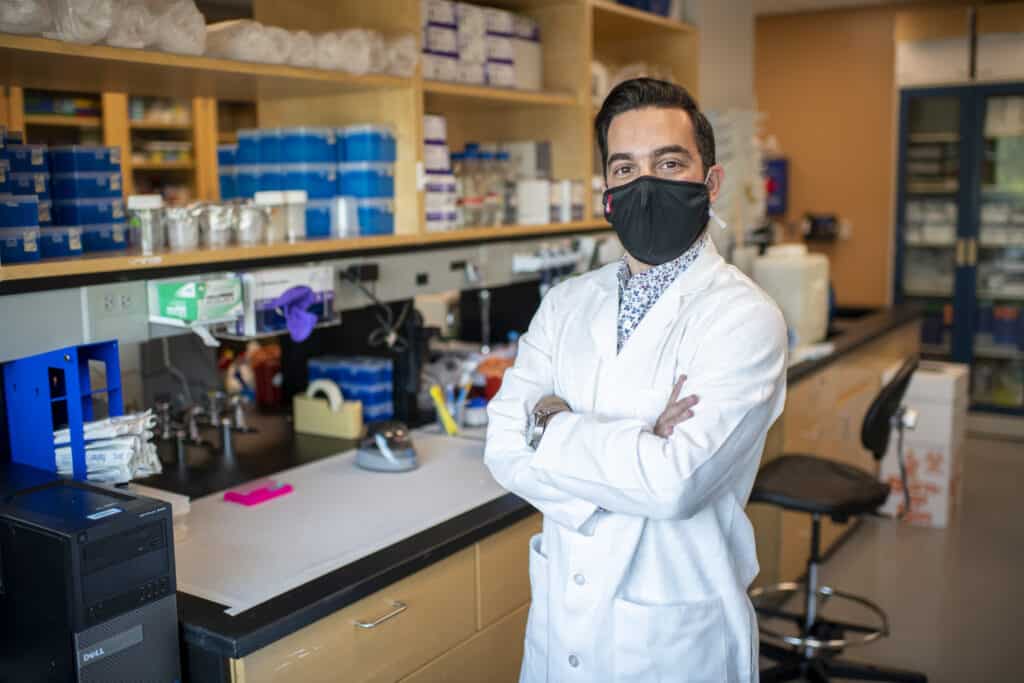
We all have friends and family members whose lives have been affected by cancer. Cancer therapy has made many strides, but we still need to do much better. As a researcher in the field of biology, I have learned how intricate and complex the human body is.
First, you need to know how biology works when in good health, before you can understand what is different in a disease and, then, how to treat it. As a graduate student in the Netherlands, I was intrigued by the therapies available for the treatment of cancer. However, when I learned about the long-term side effects that can occur, I knew this was where I wanted to focus my research.
After graduation, it took me to UAMS and the Winthrop P. Rockefeller Cancer Institute where I could continue this work. Our long-term goal is to find effective cancer treatments that have minimal side effects. This is of course not an easy task and it requires collaborations with clinicians and scientists from many other disciplines, which makes the work even more rewarding. I am so glad to see how much science has progressed and enjoy working with many wonderful people at UAMS.
Marjan Boerma, Ph.D.
View Profile

